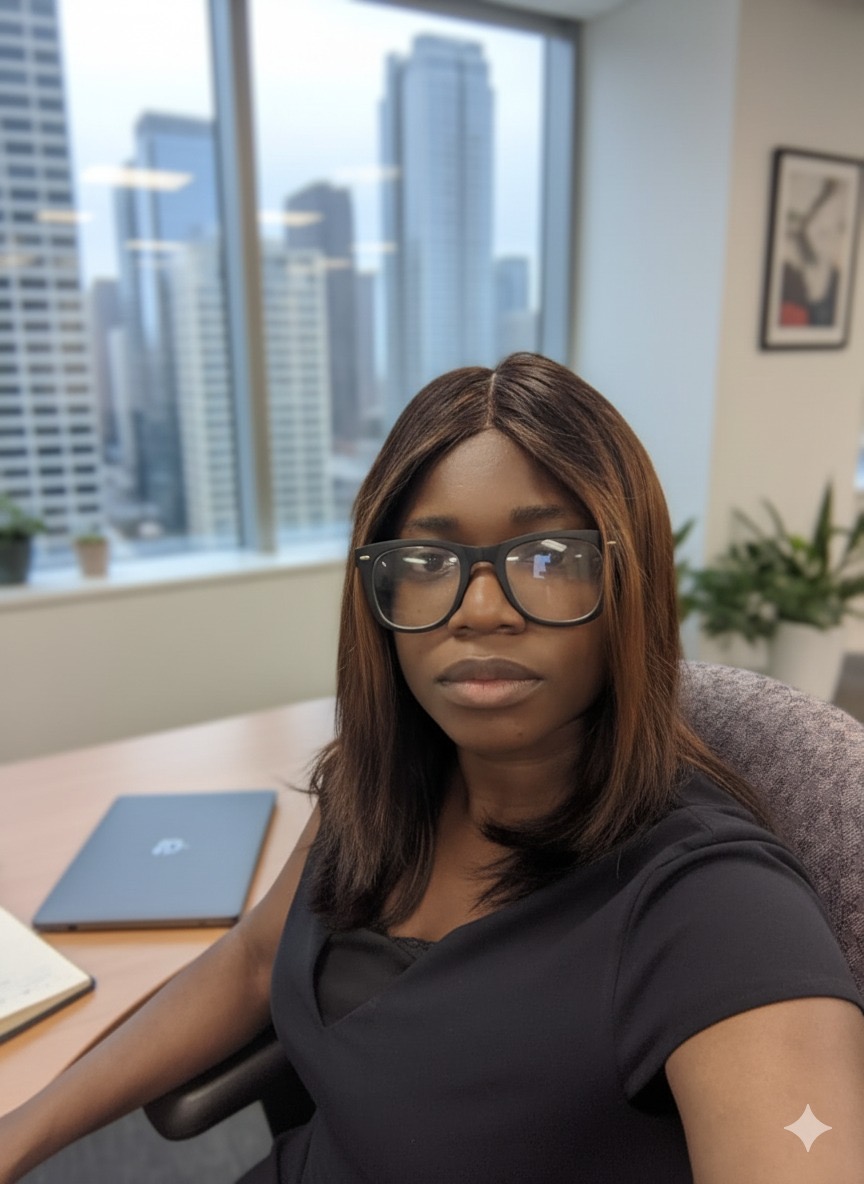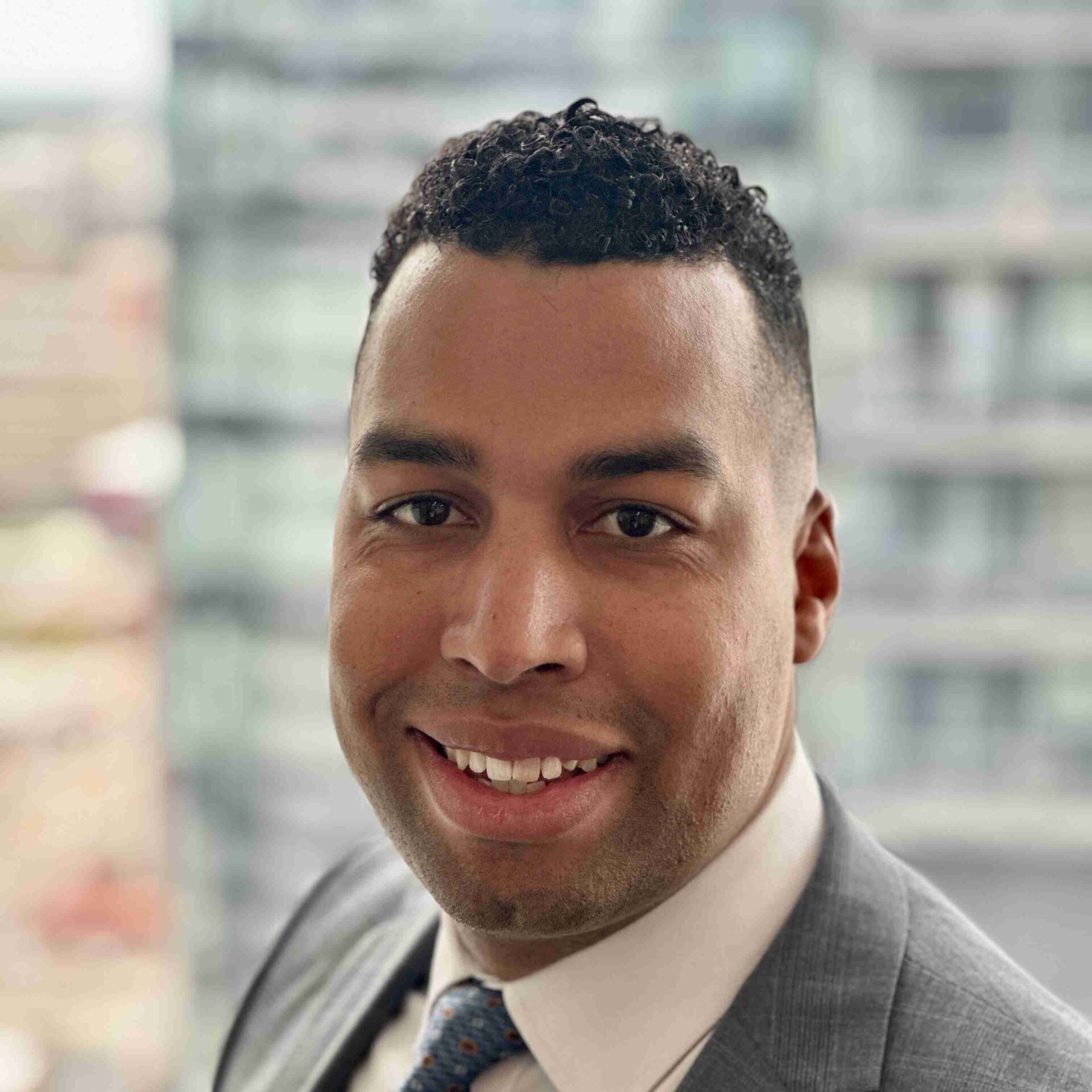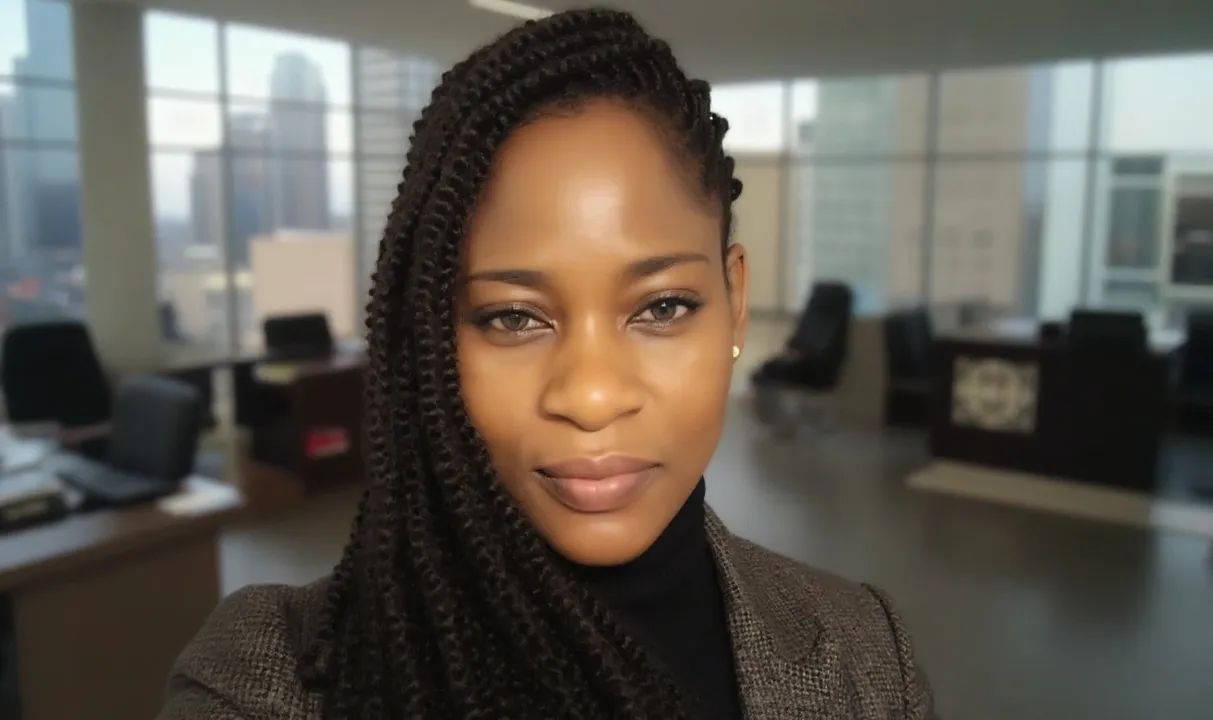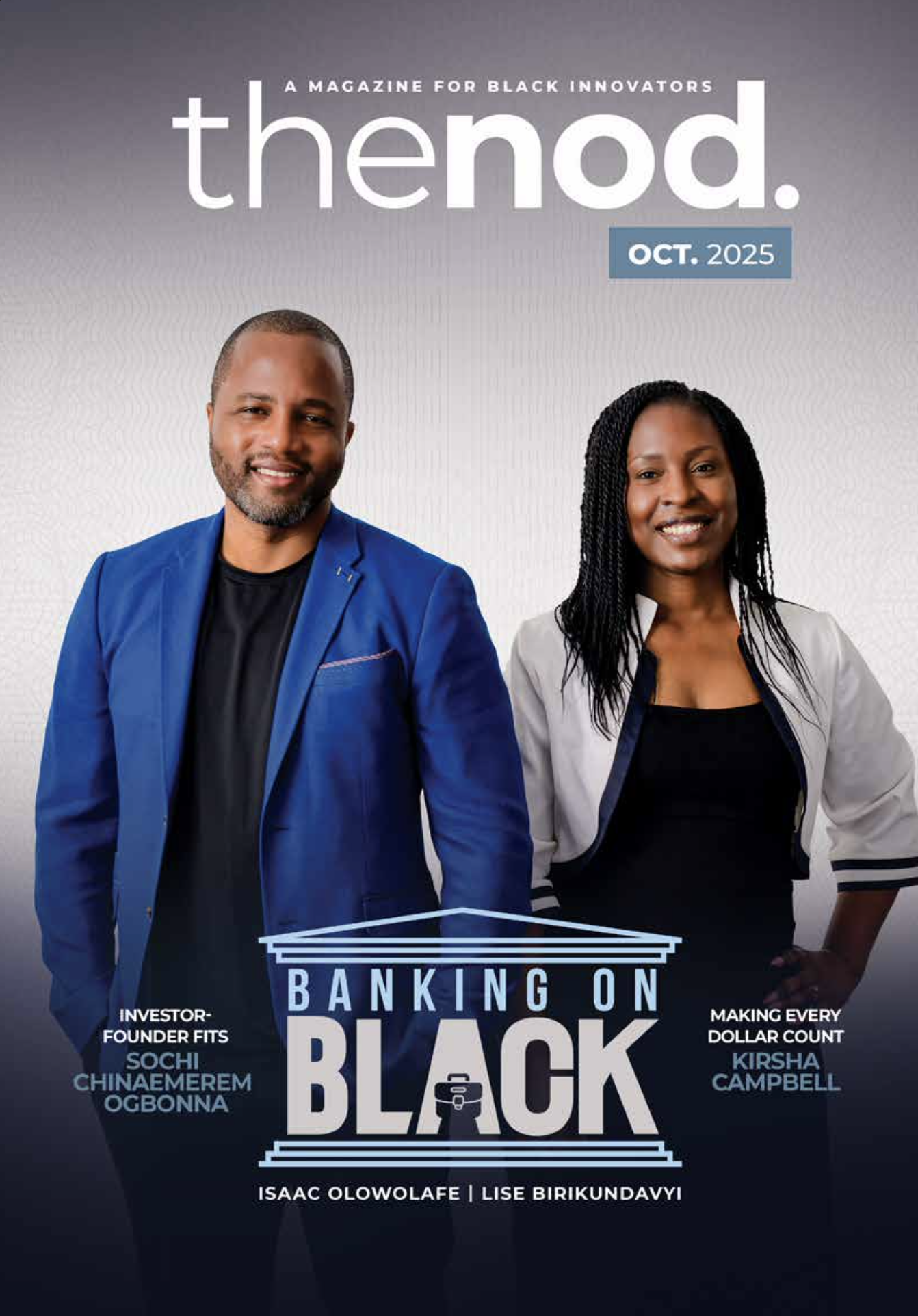The Power of Community Capital
Cultural financial systems have long been the backbone of Black communities, helping people survive, grow, and thrive. Before banks existed, collective effort and trust met everyday needs. Practices like Sou Sou and Gayap were more than financial tools; they reflected a belief that wealth should circulate within the community.
For people of Caribbean and African heritage navigating post-colonial realities, creativity became the foundation for progress. Operating outside traditional systems was not a choice but a necessity. Sou Sou and Gayap emerged from this spirit of mutual aid and shared responsibility, proving that when trust drives the economy, communities prosper across generations.
Strength in Tradition
Gayap captures the essence of community volunteerism. Neighbours gather to complete large projects such as building homes, churches, or community spaces, and harvesting crops. Labour is offered freely, often in exchange for a shared meal. This simple yet powerful model makes construction and farming more affordable while deepening the sense of belonging and mutual support.
Sou Sou offers a structured path to saving. Members contribute a set amount each month, and the total goes to one participant in rotation. Each person gets their turn, accessing a lump sum they can use for education, travel, or a business venture. Sou Sou offers a sense of financial freedom that bypasses the red tape of traditional banking, built on discipline, trust, and accountability.
What keeps these systems alive is a shared belief that success is best built together.
Tradition Meets Innovation
That same spirit of togetherness is finding new life in modern finance. The connection between cultural savings systems and crowdfunding is striking. Both give people direct access to funds, but their scale and purpose differ.
Sou Sou recycles members’ own contributions. Each payout comes from the group’s collective savings. Crowdfunding, in contrast, draws on external support from people who believe in an entrepreneur’s vision. While Sou Sou circles are intimate and local, crowdfunding platforms reach across borders, opening new doors for visibility and investment.
Crowdfunding depends on how well a story inspires others. Sou Sou relies on steady commitment and shared trust. Both offer alternatives to traditional finance, but where Sou Sou promotes disciplined saving, crowdfunding tests the market and attracts potential investors.
Understanding Misconceptions
Despite their impact, cultural financial systems are often misunderstood. Outsiders sometimes dismiss them as informal or outdated, missing the historical context that made them essential. These models filled the gaps left by financial institutions that excluded Black and immigrant communities for decades.
The misconception is that such systems promote scarcity. In truth, they are acts of economic resistance, tools that allow communities to build their own stability when others shut them out. Still, relying solely on cultural methods can make it harder to see the need for wider reform. True progress means strengthening both worlds: preserving cultural systems while ensuring fair access to formal financial tools.
More Than Money
Community-based financing is as much about trust and accountability as it is about money. Sou Sou and Gayap rely on the idea that everyone’s contribution matters and that collective growth is a shared responsibility. Investing in a neighbour’s success builds stronger social networks and supports the flow of wealth within the community.
These systems promote dignity and empowerment. They challenge the structures that have historically limited access for Black entrepreneurs, proving that economic strength grows from unity and shared purpose.
Bridging Culture and Capital
Today, the rise of grants, partnerships, and matching-fund programs offers new possibilities for those who already understand collaboration. Cultural models like Sou Sou provide a strong foundation for saving and discipline, while institutional funding brings scale and resources for growth.
Neither approach alone guarantees sustainability. Sou Sou lacks formal structures for expansion, while grants are often temporary. The sweet spot lies in combining both, using cultural methods to build community and startup capital, and formal funding to scale and sustain.
Even the simplest Sou Sou runs on structure and accountability. Entrepreneurs who understand how to translate that same discipline into formal practices such as accounting, tax management, and investor relations gain credibility and access to broader opportunities.
Embracing Formal Structures
Relying only on informal systems can limit long-term growth. While they provide quick access to cash, they often lack the documentation that banks or investors require. Registering a business, keeping transparent records, and establishing accountability do not erase culture; they strengthen it.
Formalised funding signals readiness. It shows structure, planning, and foresight, the same values that attract venture capital and private investors. The goal is not to replace culture with structure but to let culture guide it.
Keeping Culture Alive
Younger generations have the power to reimagine these traditions for the digital age. Technology can turn Sou Sou and Gayap into secure, transparent systems that preserve their cultural essence while expanding their reach. Apps and online platforms can modernise community savings without stripping away their meaning.
Black-led organisations and advisors are key to bridging that gap. They help entrepreneurs write business plans, file taxes, apply for grants, and manage finances while staying rooted in cultural values. With their guidance, entrepreneurs can build confidently without compromising identity.
The Future of Community Capital
Community capital is more than a funding method; it is a philosophy of ownership and collective strength. For us, by us reflects strategy. Black communities operate within complex financial networks, and success depends on strengthening both cultural and institutional frameworks.
Expanding funding pools, creating investment opportunities, and reinvesting profits in local businesses will generate lasting impact. Visibility and credibility for Black entrepreneurs must continue to grow, ensuring equitable access to both traditional and alternative funding streams.
Dollars that stay within the community do more than sustain businesses. They nurture ecosystems, build resilience, and shape a future where financial independence truly reflects strength, inspire pride, and shape a future built on shared purpose and power.












